BANGLADESH - In Bangladesh, the evolution of English language teaching methods has reflected major changes in educational policy as well as social needs.
While the traditional grammar-focused approach is dominant, the country has taken steps to increase learners' communicative abilities.
Historical heritage
English education in Bangladesh has its origins in the British colonial period. During this time, English became the primary language of administration, education, and was widely used by the elite.
After Bangladesh's independence in 1971, English retained some status, mainly among the elite and urban centers. However, the emphasis on national cultural and linguistic identity shifted to establishing Bengali as the national language, especially after the Language Movement of 1952.
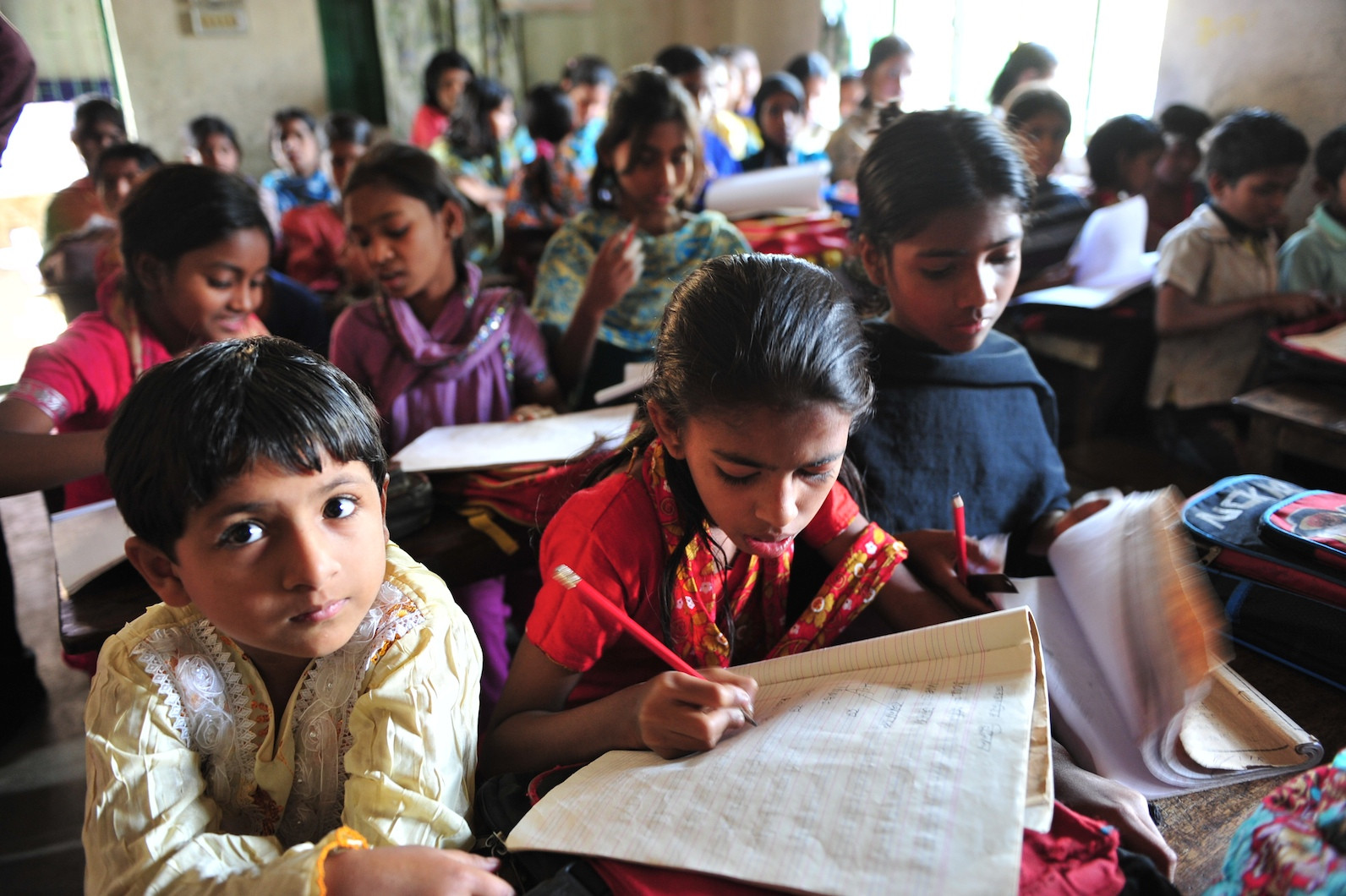
The Grammar-Translation Method (GTM) has dominated English language teaching. This approach focuses on memorizing grammar rules and vocabulary, primarily through written language and translation exercises. While it provides a structured foundation for language learning, it often neglects the development of practical communication skills.
As a result, graduates often have theoretical knowledge of English but find it difficult to use the language effectively in real-life situations.
Bangladeshi policymakers are well aware that effective communication is key to success, hence the urgent need to reform the education system to address the shortcomings.
A turning point in foreign language policy
The 1990s marked a turning point for English education in Bangladesh. The National Curriculum Board for Textbooks of Bangladesh (NCTB) introduced Communicative Language Teaching (CLT) in 1996, according to Kabir's research in The Qualitative Report .
CLT emphasizes interaction as the primary means of language acquisition, encouraging activities that help students develop speaking, listening, reading and writing skills in authentic contexts.
This transformation was initiated by the English Language Teaching Improvement Project (ELTIP) to improve English teaching and learning at all levels of education.
New textbooks for grades 9-10 and 11-12 have been introduced to support this program, with the aim of helping students not only master English grammar but also communicate effectively.
However, the shift from a focus on grammar to communication is challenging.
Student learning outcomes have fallen short of expectations, largely due to a lack of appropriate infrastructure and resources. Many classrooms still rely on rote learning and lack the necessary interactive environment. Many English teachers are trained in a grammar-focused curriculum, making it difficult to apply new communication methods.
Efforts to reform English education
In recent decades, the Bangladesh government has made efforts to align its education policy with national development goals. The National Education Policy 2010 emphasizes the importance of English in transforming Bangladesh into a “Digital Bangladesh” by 2021.
The government recognizes that English is not only a subject in the curriculum but also an essential skill for national development in areas such as science , technology, business and communication.
The policy outlines goals related to English education, aiming to equip students with the language skills needed to participate in the global economy. The government also launched a number of programs to train teachers and improve resources in English language teaching.
English language skills are also being promoted in rural and disadvantaged communities. Special programs have been implemented to provide access to English education for students in remote areas and ensure that geographic differences do not hinder language learning opportunities.
In 2012, Bangladesh recorded more than 17 million children learning English, making it one of the countries with the largest number of students learning English as a second language in the world.
Despite the challenges, there have been improvements in English proficiency in Bangladesh. According to the EF Education First English Proficiency Index (EF EPI) 2023, Bangladesh is rated as “intermediately proficient”, ranking 8th in Asia, above India, Indonesia and Japan.

Source: https://vietnamnet.vn/quoc-gia-day-tieng-anh-tu-lop-1-chuyen-tu-ngu-phap-sang-giao-tiep-gio-ra-sao-2335329.html


![[Photo] Prime Minister Pham Minh Chinh meets with Speaker of the Hungarian National Assembly Kover Laszlo](https://vphoto.vietnam.vn/thumb/1200x675/vietnam/resource/IMAGE/2025/10/20/1760970413415_dsc-8111-jpg.webp)


![[Photo] Prime Minister Pham Minh Chinh received Mr. Yamamoto Ichita, Governor of Gunma Province (Japan)](https://vphoto.vietnam.vn/thumb/1200x675/vietnam/resource/IMAGE/2025/10/21/1761032833411_dsc-8867-jpg.webp)
![[Photo] Da Nang residents "hunt for photos" of big waves at the mouth of the Han River](https://vphoto.vietnam.vn/thumb/1200x675/vietnam/resource/IMAGE/2025/10/21/1761043632309_ndo_br_11-jpg.webp)

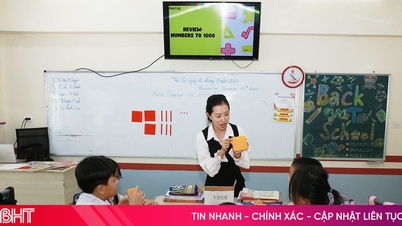









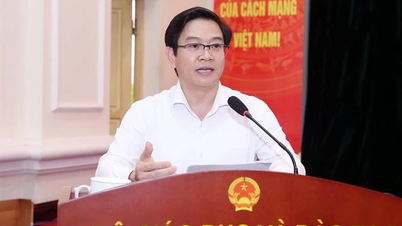







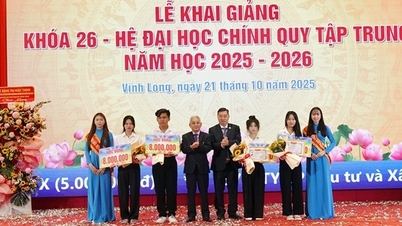






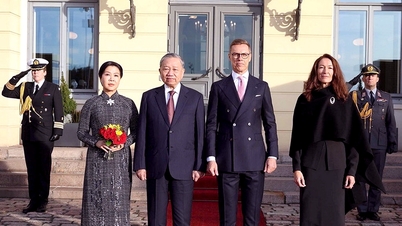













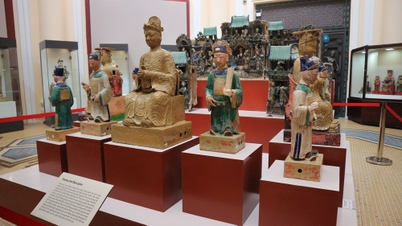
























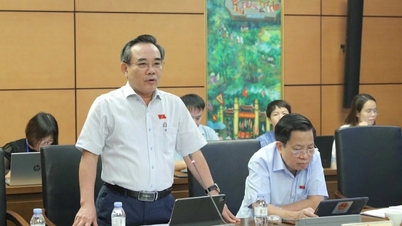
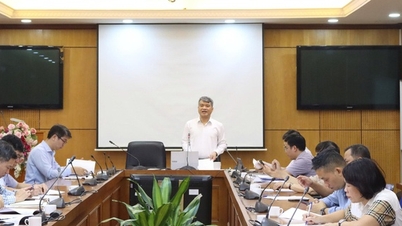
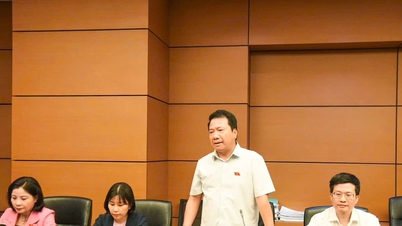

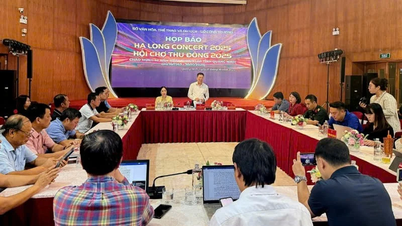





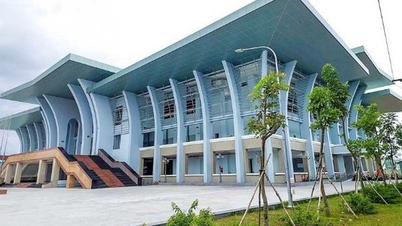



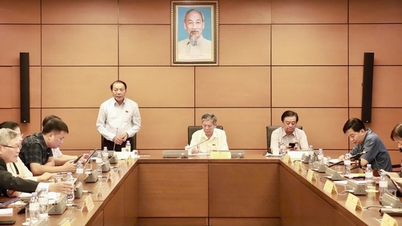



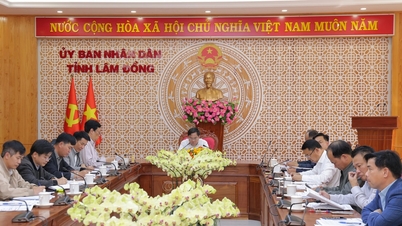

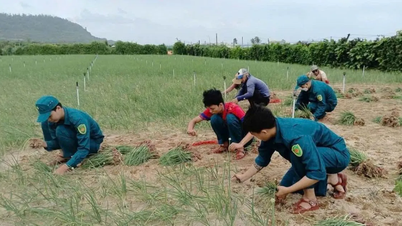

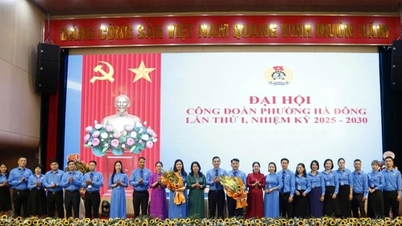














Comment (0)